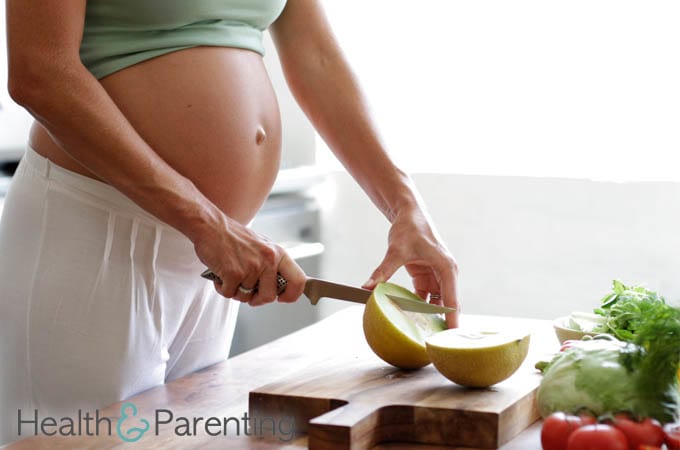During pregnancy, taking in the right amount of nutrition is essential for the health and safety of you and your baby. The food you are eating is not just a source of nutrition for you, but for your growing baby as well. To make sure you have a healthy baby, here are some nutritional guidelines to follow for your pregnancy diet.
What Nutrients Do You Need?
During pregnancy, there are certain nutrients that you will need more than others. Following the US Recommended Dietary Allowance (RDA) ensures you do not overdo anything. Here are some nutrients you need to add to your diet:
- Choline (minimum RDA 450 milligrams)
- Docosahexaenoic Acid (DHA) (minimum RDA 200 milligrams)
- Potassium (minimum RDA 4,700 milligrams)
- Riboflavin (minimum RDA1.4 milligrams)
- Vitamin B6 (minimum RDA 1.9 milligrams)
- Vitamin B12 (minimum RDA 2.6 micrograms)
- Vitamin C (minimum RDA 85 milligrams)
- Vitamin D (minimum RDA 15 micrograms)
- Zinc (minimum RDA 11 milligrams)
Foods You Should Add To Your Diet
During pregnancy, you need to add more sources of protein and calcium to your diet in order to strengthen your child’s tissues and bones. Similarly, folic acid can help protect your growing baby from birth defects. More iron can help cells carry adequate oxygen to your baby. Considering all these factors, here are some types of foods you should add to your diet when you are pregnant. Remember to indulge, but not over-indulge!
- Whole Grains and Beans: Eating whole grain bread and cereal can help you keep up the levels of folic acid and iron in your body. Moreover, they have more fiber compared to white bread and rice. Brown rice, whole wheat pasta, oatmeal, and whole grain bread are the best ways to incorporate whole grains into your diet. Beans are a source of various nutrients such as protein, fiber, calcium, zinc, folate, and iron. Beans that you should commonly use include soy, lentils, black-eyed peas, garbanzo, kidney, pinto, white and black beans.
- Eggs: Eggs also contain a number of essential proteins, minerals and vitamins, most importantly choline that helps the brain development of your baby. Therefore, you should make eggs a necessary part of your diet during pregnancy. However, you should take your eggs well-cooked and avoid eating undercooked or raw eggs completely.
- Berries: You can add berries in your diet regimen as the best possible snacks because they are a rich source of vitamin C, folate, potassium and fiber. Raspberries, blackberries and blueberries are the ideal choice for you to have during pregnancy
- Salmon: Fish – specifically salmon, light tuna and trout – is a rich source of Omega-3 fatty acids, vitamin B, protein, and other important nutrients. However, fish that is high in mercury should be completely avoided including shark, swordfish, tilefish, and mackerel. If you eat a lot of seafood, you can consult your doctor in regard to what is healthy for you and your baby.
While you should add these items to your diet, you will need to cut back on the amount of caffeine you take every day as it can be harmful for your baby. Moreover, make sure that everything you eat is well-cooked and avoid eating under-cooked food items. With these few dietary changes, you can keep yourself and your baby healthy.
Written by Team Health & Parenting
This information is not intended to replace the advice of a trained medical doctor. Health & Parenting Ltd disclaims any liability for the decisions you make based on this information, which is provided to you on a general information basis only and not as a substitute for personalized medical advice. All contents copyright © Health & Parenting Ltd 2017. All rights reserved.










